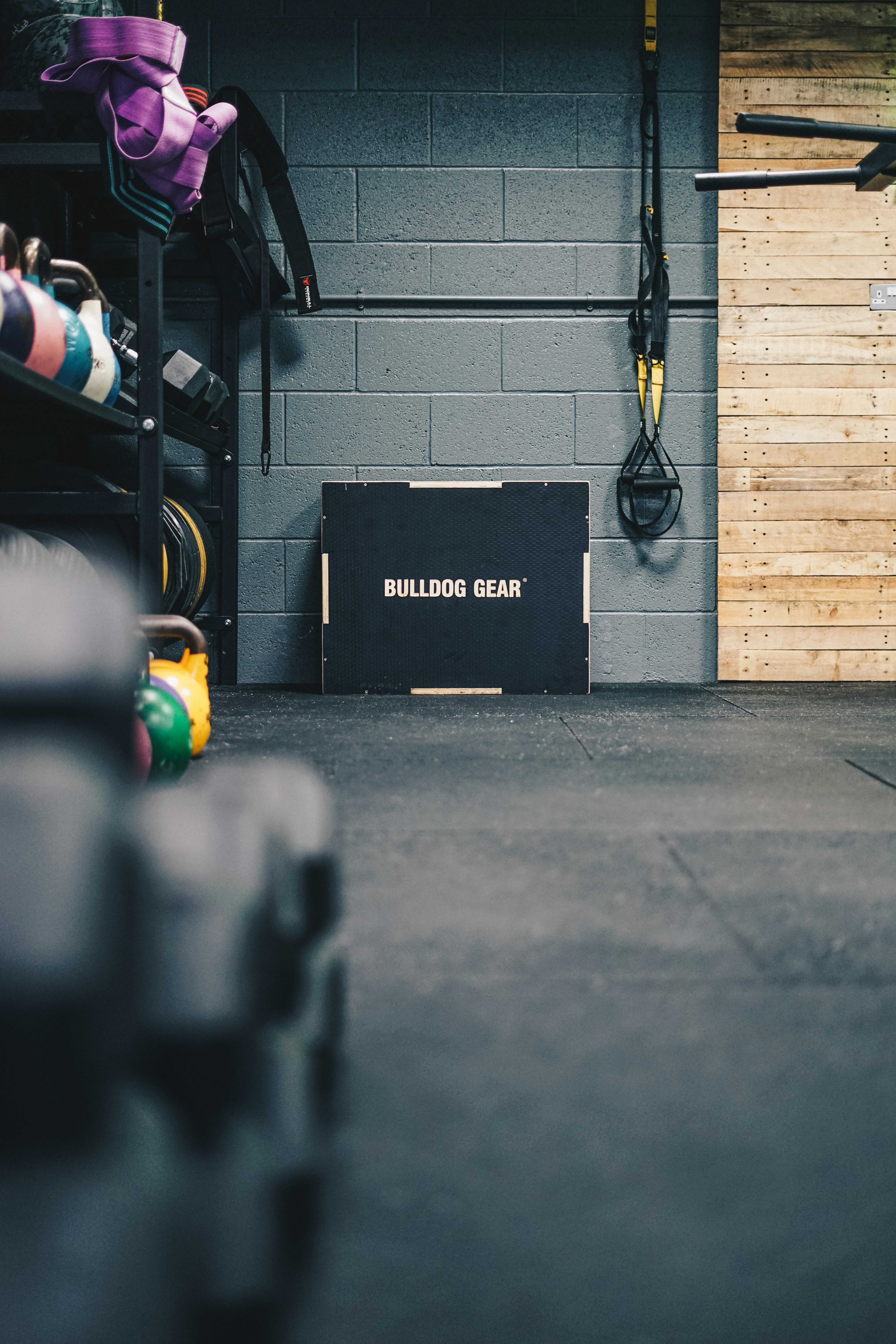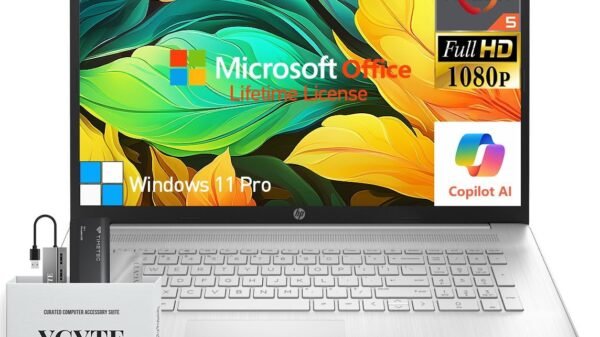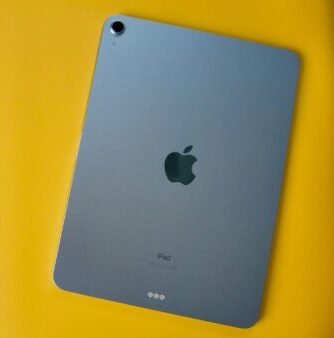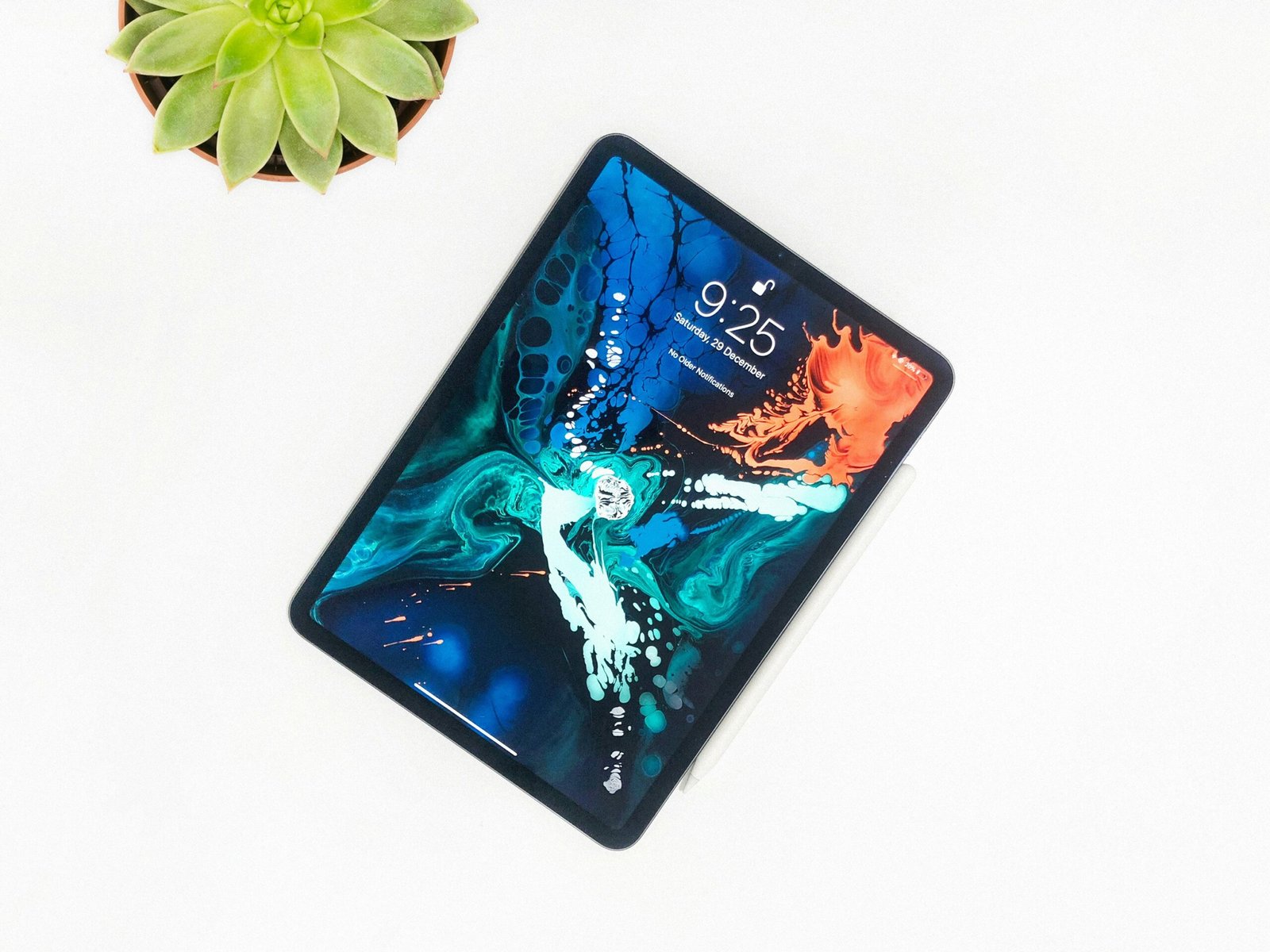The Best Foods To Eat During Pregnancy
The first trimester of pregnancy is the most important, as a woman is still adjusting to the changes that come with pregnancy. It is also when she needs to take care of herself and think about what she eats.
There are many myths about what pregnant women should eat, so it can be difficult for them to know what they should eat or shout not. This article will help clean up some of these misconceptions and provide a list of foods that pregnant women can eat during this time.
Meal Planning and Healthy Eating During Pregnancy
Pregnancy is a time of great change for both mother and baby. The mother’s body will undergo many physical changes, and the baby’s development will be at its most rapid.
The best way to ensure that both mother and baby are getting the right nutrients is to plan and make healthy food choices.
Pregnancy Diet:
13 Foods To Eat While Pregnant | Healthline Parenthood
What you eat during pregnancy is important for your health, as well as the health of your baby. Here are 13 foods you should eat when you’re pregnant below
1. Dairy products have been found to decrease the risk of gestational diabetes, lower the risk of being overweight after pregnancy, and decrease the likelihood of developing high blood pressure during pregnancy.
Dietary fat is necessary for the normal metabolism of vitamins, absorption, and use of nutrients, digestive health, and mental health. However, consuming too much dietary fat can increase cholesterol levels in the blood. Fatty acids are essential for a healthy body and brain development in babies. They decrease the risk of developing cancer as well as heart disease. They also help provide energy to cells throughout the body.
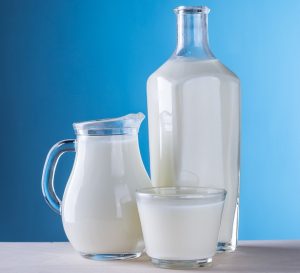
2. Legumes
Legumes are great plant-based sources of fiber, Beans, lentils, peas, soybeans, and peanuts are all examples of legumes. Legumes are excellent sources of protein. Additionally, they have the highest concentration of folate and iron among the protein-rich foods.
Among non-meat protein sources, legumes are a good option for vegetarians. Plant-Based Protein Sources Meat and animal products are the best sources of dietary protein, but plant-based foods can be an excellent source of meatless protein as well. A wide variety of plant-based whole-food proteins exist. Some examples include nuts, nut butters, soybeans, tempeh, and tofu. Plant-Based Protein Sources.
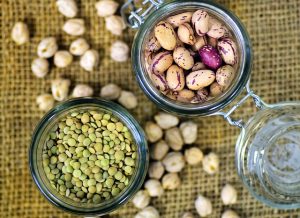
Photo: Pixabay
3. Sweet potatoes
Sweet potatoes for health during pregnancy are a great and nutritious food to eat. Sweet potatoes are high in vitamin A, vitamin C, potassium, and iron. They can be roasted, boiled, or baked and can be eaten with anything- they’re great!
Carrot juice can help with a variety of eye and skin problems. Carrots are high in beta-carotene, which is converted to vitamin A in the body. They can also be cooked in as many ways as potatoes, such as boiled, roasted, or braised. Beets are great for iron and folate intake during pregnancy. They are also high in nitrates and antioxidants that may help with body odor such as beeturia odor (foul-smelling urine). Beets can be roasted or boiled and you can try different ways of cooking them.

4. Salmon
Though pregnant women are encouraged to eat a variety of fish, many lower on the food chain, for fear of ingesting too much mercury, salmon remains a popular choice. It is low in mercury, high in omega-3s, and loaded with heart-healthy protein.
Some of the health benefits of fish include:
- Lessening the risk of heart disease and stroke
- Reducing the risk for some cancers, including colon cancer and breast cancer
- Promoting brain health- Improving lung function and wheezing, coughing, or breathing problems- Boosting mental wellness- Protecting teeth from tooth decay and cavities- Reducing inflammation in arthritis patients

5. Eggs for health during Pregnant
Eggs are a good source of protein, choline, riboflavin, and selenium. Eggs also contain the nutrient folate. Folate is essential for women to take before conception because it prevents birth defects in the baby’s spinal cord or brain.
Eggs are a good source of vitamins and minerals, including vitamins A and B12. Eggs also contain the nutrient phosphorous. Phosphorous is essential for women to take during pregnancy because it helps build up bone density in the mother as well as in the baby. Eggs are a good source of omega-3 fatty acids, which can help lower blood pressure and reduce the risk of heart disease and stroke. Eggs are also a good source of lecithin, an antioxidant that may help improve brain function and mood and protect nerve cells from free radical damage.

6. Broccoli and dark, leafy greens, for health
Many people avoid eating dark leafy greens or broccoli because they don’t like the taste, but there are many benefits to incorporating these vegetables into your diet. including vegetables in your diet can be a great way to get vital nutrients and vitamins. Eating them promotes better digestion, and helps you stay fuller for longer. When you’re full, it’s easier to make healthier choices like limiting calories with smaller portions. and choosing more nutrient-dense foods. Dark leafy greens are an excellent source of vitamins, such as folate, vitamin A, and vitamin C . Benefits of dark leafy greens include:- the folate content in them is a significant source for preventing neural tube defects in developing fetuses- Vitamin A is important for the development of eyesight and immune system function- Vitamin C is an antioxidant that helps to fight free radicals.

7. Lean meat and proteins
Protein is essential for pregnant women. It aids in the development of their baby and helps them maintain their muscle mass. Lean meats are a great source of protein, but it is important to make sure that they are cooked properly – especially if they are going to be eaten raw, such as sushi.
A great way to cook lean meat is to sear them in a pan before adding the liquid and cooking the meat. Fat is necessary for pregnant women since it provides energy and nutrients for the baby. It is important not to exceed 25% of daily caloric intake from fat, as this can increase the risk of maternal obesity, gestational diabetes, and preeclampsia. Some good sources of fat include eggs, beef, chicken/turkey sandwiches with whole-grain bread or vegetables, hummus, and fruit. Another benefit of fat during pregnancy is that it helps a woman maintain their vitamin D levels.

8. Berries
Berries are a rich source of antioxidants, which help protect the growing fetus from cell damage. The antioxidant capacity of berries is greater than that of most other foods. Pregnant mothers should eat at least two servings of berries each day to ensure the best health for their babies.

9. Whole grains
In this article, we will explore the benefits of whole grains, how they can be found in your daily diet, and why you should include them in your pregnancy diet.
What Is a Whole Grain? A whole grain is any food that contains the entire grain of which it was made. This includes the bran, endosperm, and germ. Sometimes bread will be labeled “whole wheat bread,” but this does not necessarily mean that all parts of the grain are present in equal amounts or are always intact. Whole grains are high in fiber and nutrients such as B vitamins and iron. They also provide steady energy to prevent blood sugar spikes

10. Avocados
For years, doctors have been telling pregnant women to stay clear of avocados. They said that the avocado’s fat content would condition the blood and increase cholesterol and cause complications. However, a recent study shows that eating one avocado per day during pregnancy can be beneficial for mom and baby. The study showed that women who ate avocados during pregnancy were less likely to suffer from obesity later on in life.

11. Dried fruit
Women need to watch what they eat, but it’s not always easy. Many things come up in life that make it hard to keep up with a healthy lifestyle. If you’re looking for a quick, nutritious snack option, dried fruit is the best choice.

12. Fish liver oil
Fish liver oil is rich in omega-3 fatty acids and it also contains some other essential nutrients, such as vitamins A, D, and E. It has several health benefits such as improving heart health, boosting brain function, reducing inflammation, and more.

13. Water
This article will provide an answer to the question of how much volume of water should be consumed daily…One U.S. gallon of water weighs 8.34 pounds, or about 3500 grams, which means that 25 pounds of water are equivalent to 1 quart (US). Based on these calculations, the following volume of water should be consumed daily:25 pounds / 3500 grams = .067 quarts

How To Stay Fit During Pregnancy With A Balanced Diet Recipe For A Healthy Living & Fitness Plan.
A healthy eating plan for pregnant women is not only about food. It’s also about exercise. Here are some diet and fitness tips to help you stay fit during pregnancy:
- Eat a balanced diet of whole grains, lean protein, plenty of fruits and vegetables, and healthy fats like olive oil.
- Drink at least 8 glasses of water each day.
- Get at least 30 minutes of exercise every day
Prenatal Vitamins for Expecting Mothers
Prenatal vitamins are a type of vitamin that women need to take while they are pregnant. They help make sure that the mother is getting all the nutrients she needs to grow her baby.
Vegetables – The Healthiest Foods in the World
Vegetables are considered to be the healthiest foods in the world. They are rich in vitamins, minerals, and antioxidants. Vegetables provide a healthy alternative to junk food and processed food.
There are many benefits of eating vegetables. They can help you lose weight, reduce your risk of heart disease and lower your blood pressure. Vegetables are also good for pregnancy as they contain folic acid which is important for the early development of the baby’s brain and spinal cord.
Breakfast Ideas & Recipes to Have Every Day of Your Pregnancy
Some people may have a hard time getting out of bed in the morning, but with these healthy breakfast ideas and recipes, you’ll be eager to get up and eat.
Healthy breakfast ideas are not always easy to come by, but with this list of delicious recipes, you will never be short on ideas again.
These healthy breakfast recipes will keep your stomach full and your brain sharp for the day ahead.
7 Ways to Get Enough Iron During Pregnancy
Iron is a crucial nutrient for pregnant women. It helps the blood to carry oxygen throughout the body and gives energy to the cells. A lack of iron during pregnancy can lead to anemia, which can be a serious condition that affects both mother and baby. That is why pregnant women need to include iron-rich foods in their diet.
Below are some of the best iron-rich foods during pregnancy:
- Liver – this food has high levels of vitamin B12, which aids in red blood cell production and helps prevent anemia.
- Oysters – these are rich in iron and also contain zinc, which is essential for healthy fetal development.
- Spinach – this leafy green vegetable has high levels of iron as well as vitamin E, which helps protect against heart disease and cancer later on in life.
- Lentils – these legumes have high levels of iron as well as protein, making them a great addition to the diet.
- Beets – these root vegetables have high levels of iron and also contain folate, which helps prevent pregnancy-related anemia.
- Berries – blackberries, blueberries, strawberries, and raspberries are full of vitamin C, iron, and other nutrients that are good for both mother and baby.
- Dark chocolate – this food is rich in iron as well as cocoa powder or dark chocolate bark.


